Lesson 1: Culture in the era of creative economy
The world is witnessing a profound shift in the development model, from a resource-based economy to a knowledge-based economy, a digital economy, and especially a creative economy - where knowledge, emotions, identity and innovation become the main resources to create added value. In that picture, the cultural industry emerges as a symbol of a new era, an era in which culture is not only the national soul and soft power, but also a key economic sector, creating livelihoods, jobs, national brands and spreading soft power in the international arena.
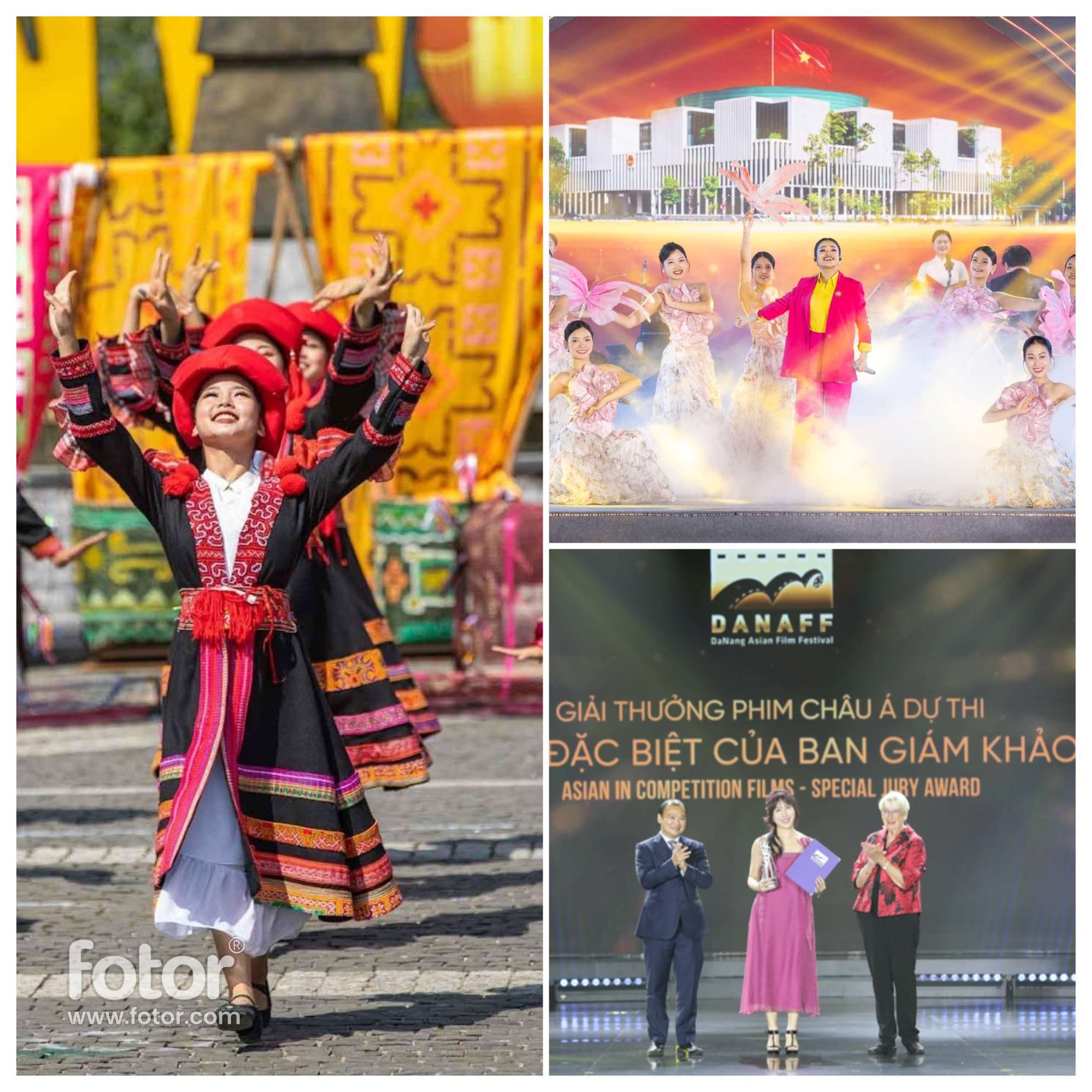
Development momentum, national competitive advantage
In developed and developing countries, from Korea, France, England to China, Thailand, the cultural industry has been considered one of the strategic pillars of the economy. Products such as movies, music , fashion, design, video games, cuisine, literature... no longer stop at satisfying spiritual life but become export locomotives, a bridge connecting the country with the world. In that trend, the cultural industry is the clearest manifestation of the transformation from spiritual values to material values, from identity to competitive advantage. That is the inevitable path for each nation to both preserve its own soul and deeply integrate into the global value chain, not losing itself in the midst of globalization.
Vietnam, with its rich heritage, abundant human resources and burning desire for development, has all the conditions to follow that path. However, for a long time, the thinking about cultural development - especially culture as an economic sector - has remained modest, even reserved. Culture has been mainly seen as a "non-material" field, leaning towards spirit, morality, tradition, rather than a field capable of creating wealth, services, and revenue. Therefore, the appearance of clear and decisive orientations in the Draft Political Report submitted to the 14th National Party Congress has shown a very valuable turning point in thinking.
Accordingly, the cultural industry is affirmed as an important economic sector in socio-economic development, creating a driving force for economic growth. Specifically, the Draft clearly states: "Strongly develop cultural industry and cultural services to increasingly better meet the people's cultural enjoyment needs". This message is not only political and legal, but also an important signal of a change in vision for culture in the new era of development.
More notably, the Draft Political Report places the cultural industry in a companion relationship with the dynamic fields of the era such as science and technology, innovation, and digital transformation, showing that multi-disciplinary integration is becoming a strategic trend. The thinking of cultural development no longer stands alone, but is in harmony with the pulse of the fourth industrial revolution - where digital technology, artificial intelligence, big data, and digital content creation platforms are fundamentally changing the way cultural products are produced, distributed, and consumed.
Not only that, the cultural industry is also placed in the overall strategy for comprehensive human development of Vietnam, the system of national - cultural - family - individual values, with the focus on arousing aspirations, developing creative capacity, personality, cultural qualities and national spirit. The mindset of "cultural development", therefore, does not stop at preserving or maintaining heritage, but also includes turning culture into a driving force for development, an effective economic sector, and a driving force for comprehensive social innovation.
Identity economic strategy
In depth, we can see a clear shift in the way we view culture: not only as a spiritual foundation, not only as a destination, but also as a means of development. If this change is institutionalized into specific strategies, support policies, public investment and market incentives, it will be a strong push for Vietnam to truly enter the era of creative culture - where an idea can create an entire industry, a story can shape the image of a country, and a cultural icon can become a sustainable economic asset.
Not simply a combination of culture and economy, the cultural industry is the most concrete expression of a development strategy based on identity. In a world where limited resources are gradually depleted, countries that know how to exploit culture to create new added value for the economy will have a superior competitive advantage. It is no coincidence that powerful countries such as Korea, Japan, England, France, etc. consider the cultural industry as one of the focuses of national development. It is from cultural identity that is elevated to products, services and experiences that they create new value chains, from movies, fashion, architecture, music, video games to cuisine, festivals, tourism and creative spaces. The Draft Political Report of the 14th National Congress clearly identifies the development of cultural industries to establish a new growth model, restructure the economy, promote industrialization and modernization, taking science, technology, innovation and digital transformation as the main driving force (Section IV).
In the flow of digital transformation and globalization, the cultural industry also opens the door for Vietnam to enter global value chains equally, with its own uniqueness. Without having to compete in terms of market size or financial resources, we can completely compete with historical depth, with the breadth of identity, with emotional quality, and with the ability to tell Vietnamese stories in a global language. A conical hat, a folk song, a dish, a play… if properly invested, will become new symbols of Vietnam’s soft power.
Therefore, the development of cultural industry cannot stop at slogans or movements. It must be a national strategy, reflected in development planning, resource allocation, education and training, legal frameworks and the awareness of cadres. Culture, once it has become an endogenous driving force, must be institutionalized into industries, into creative ecosystems, and into a unique economic identity of Vietnam in the new era.
Source: https://daibieunhandan.vn/gop-y-du-thao-van-kien-dai-hoi-xiv-cua-dang-cong-nghiep-van-hoa-tru-cot-phat-trien-moi-10393953.html


![[Photo] The road connecting Dong Nai with Ho Chi Minh City is still unfinished after 5 years of construction.](https://vphoto.vietnam.vn/thumb/1200x675/vietnam/resource/IMAGE/2025/11/04/1762241675985_ndo_br_dji-20251104104418-0635-d-resize-1295-jpg.webp)
![[Photo] Opening of the 14th Conference of the 13th Party Central Committee](https://vphoto.vietnam.vn/thumb/1200x675/vietnam/resource/IMAGE/2025/11/05/1762310995216_a5-bnd-5742-5255-jpg.webp)


![[Photo] Panorama of the Patriotic Emulation Congress of Nhan Dan Newspaper for the period 2025-2030](https://vphoto.vietnam.vn/thumb/1200x675/vietnam/resource/IMAGE/2025/11/04/1762252775462_ndo_br_dhthiduayeuncbaond-6125-jpg.webp)



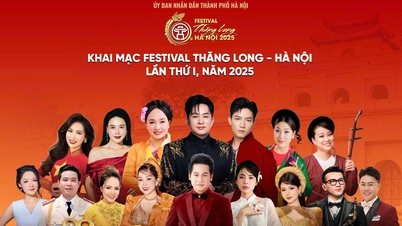

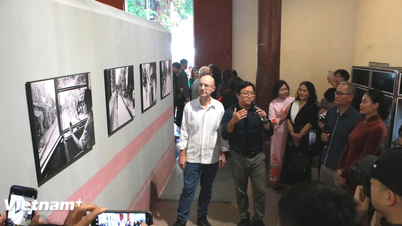


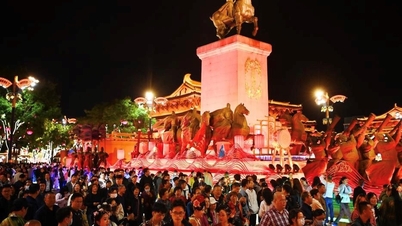

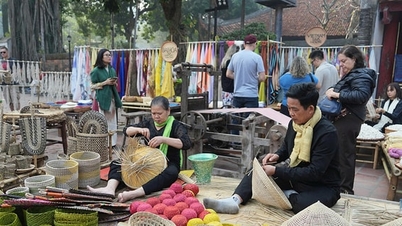

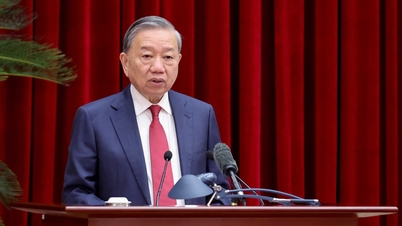
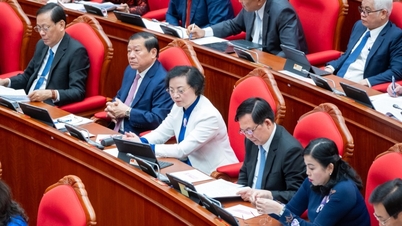

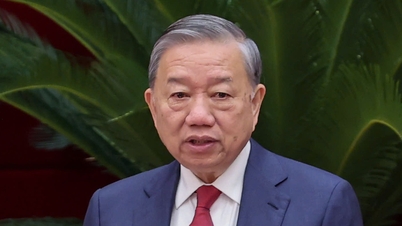
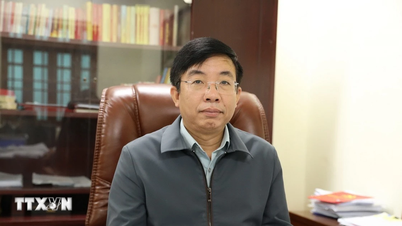

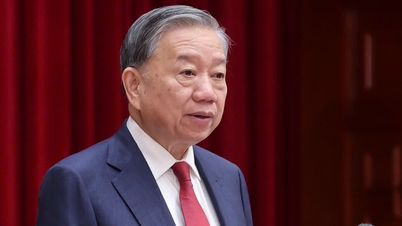





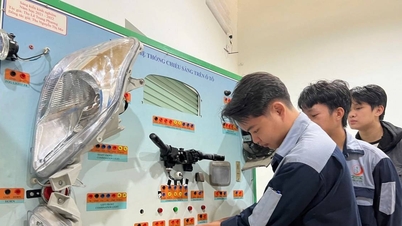
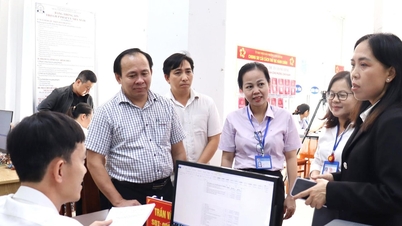
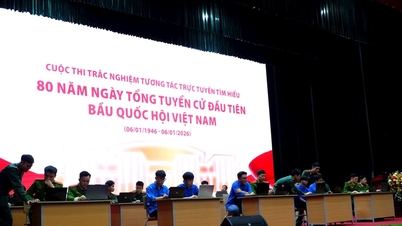
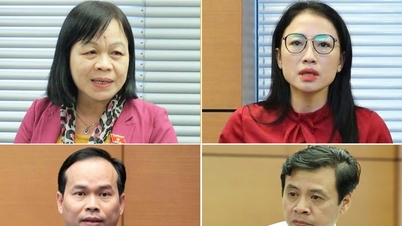


















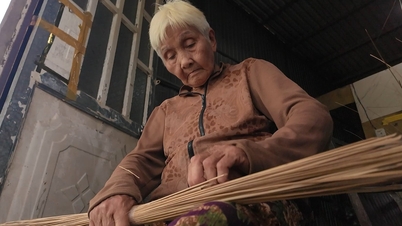














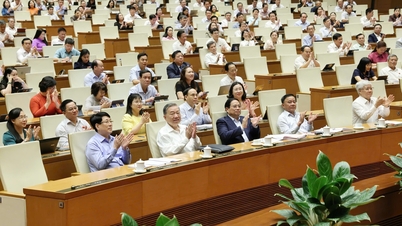






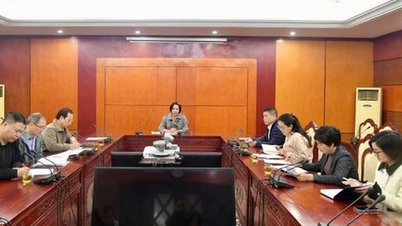

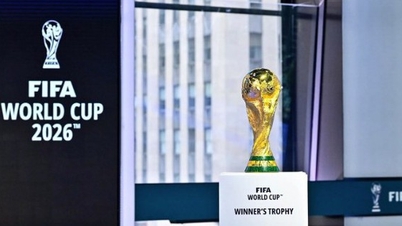
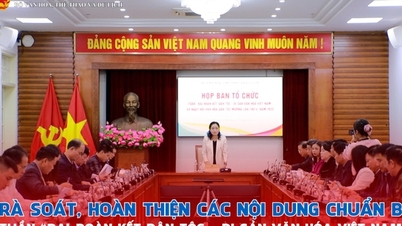
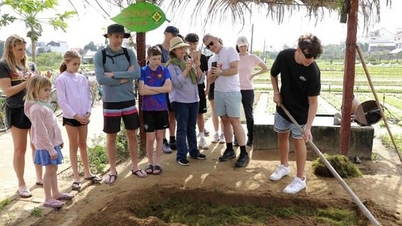




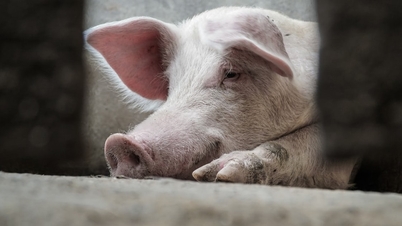



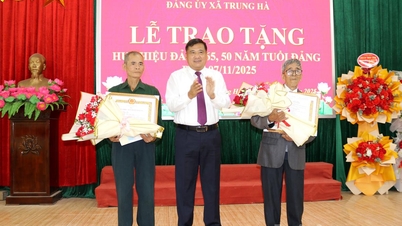



















Comment (0)